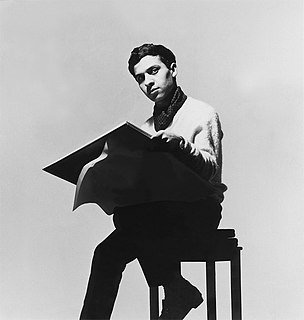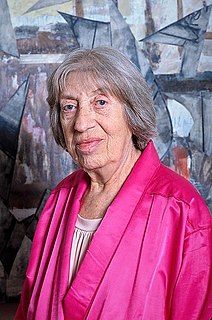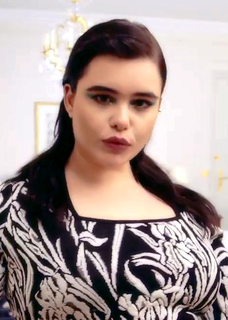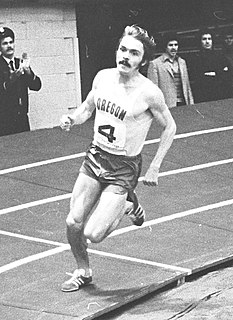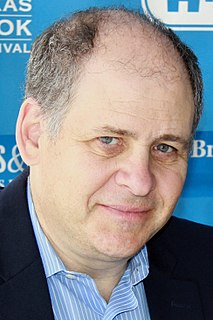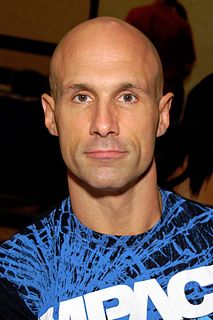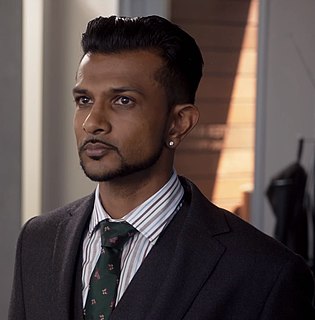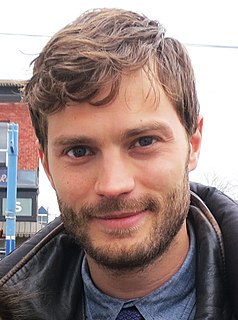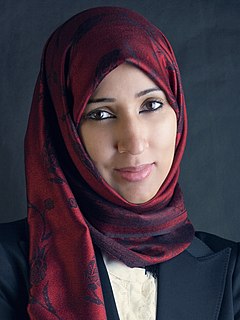A Quote by Azzedine Alaia
Related Quotes
Once I realised that my job as a model was to emote in front of the camera, I thought, 'Well now, I just have to add words, and I can do films.' But also, my success as a model made me more confident about becoming an actress because, just in case I failed, I thought, 'Well, you know, if I failed as an actress, I can do another job.'
If working remotely is such a great idea, why isn't everyone doing it? I think it's because we've been bred on the idea that work happens from 9 to 5, in offices and cubicles. It's no wonder that most who are employed inside that model haven't considered other options, or resist the idea that it could be any different. But it can.
I went to a technology conference in Germany, and there were these beautiful, model-like women standing there in front of the products. I asked a question, and she had no clue what the product was. She had to call someone from the back to explain it to me. To me, that's using a woman as an object. To me, that's totally wrong.
